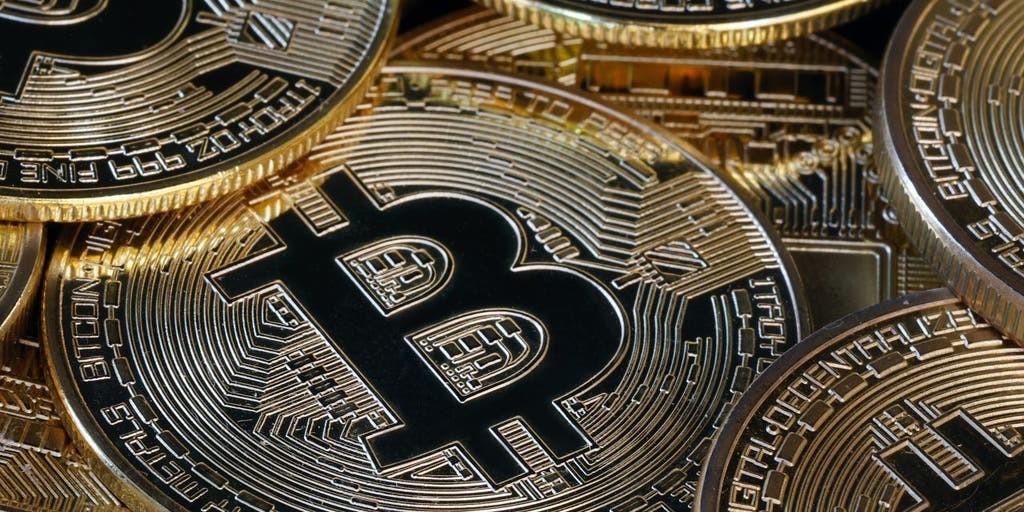
A High Court judge has dismissed James Howells' legal attempt to search a Newport landfill for a hard drive containing Bitcoin worth approximately £598 million, dealing a final blow to his decade-long quest.
Howells, an early Bitcoin miner, claims his former partner accidentally discarded the hard drive containing his Bitcoin wallet in 2013. He sought legal action against Newport council to either gain access to the landfill site or receive £495 million in compensation.
Judge Keyser KC struck out the case, stating there were "no reasonable grounds" for the claim and "no realistic prospect" of success at trial. The ruling effectively ends Howells' hopes of recovering the digital fortune.
The council's legal team, led by James Goudie KC, argued that existing laws made the hard drive council property once it entered the landfill. They also cited environmental permit restrictions that prevent site excavation.
Despite Howells assembling a team of experts and offering the council a share of the recovered cryptocurrency, his proposals were consistently rejected. The council viewed his offer to donate 10% to the local community as encouraging them to "play fast and loose" with regulations.
Howells, who successfully mined the Bitcoin in 2009 when it held minimal value, expressed deep disappointment with the ruling. "It's not about greed, I'm happy to share the proceeds but nobody in a position of power will have a decent conversation with me," he said, describing the decision as "a kick in the teeth."
The lost hard drive is believed to be somewhere within 100,000 tonnes of waste, though the entire landfill contains over 1.4 million tonnes. As Bitcoin's value continues to rise, Howells estimates his lost digital assets could be worth £1 billion by next year.
The case highlights the devastating consequences of misplacing digital assets in an era where virtual wealth can reach astronomical values.